This year's International Mother Language Day featured fun and inspiring memes created to showcase and celebrate linguistic diversity on the internet. By accepting the Mother Language Meme Challenge, dozens of organizations and collectives signed on as Partners, and hundreds of language advocates took part by creating and sharing memes sending the message of the importance of using minority, endangered, indigenous, and heritage languages on the web. The Challenge was co-organized by Rising Voices, along with the Living Tongues Institute, First Peoples’ Cultural Council, Indigenous Tweets, Endangered Languages Project, First Languages Australia, and the Digital Language Diversity Project.
Following a similar campaign in 2015 and 2016 designed to maximize social media platforms to promote languagescalled Tweet in Your Mother Language, this new challenge attracted participation from many regions around the world simply by spreading the word on social media. Thanks to the contributions of volunteer translators, the main Mother Language Meme Challenge website was made available in the following 34 languages: Afrikaans, Arabic, Aragonese, Asturian, Aymara, Bambara, Basque, Berrichon, Bulgarian, Catalan, Esperanto, French, Friulian, Galician, Gallo, Greek, Indonesian, Irish, Nawat, Northen Sesotho, Occitan, Portuguese, Pular, Quechua, Russian, Sardinian, Sena, Setswana, Spanish, Urdu, Welsh, Xhosa, Yoruba, and Zulu.
To get a better sense of the variety of languages represented in the Challenge, a quick glance using the Keyhole hashtag analytics tool indicated there were original posts or support in the form of retweets from a large part of the world. Additional participation took place on Facebook and Instagram. However, there are still countries and regions where we hope to encourage greater participation for next year.
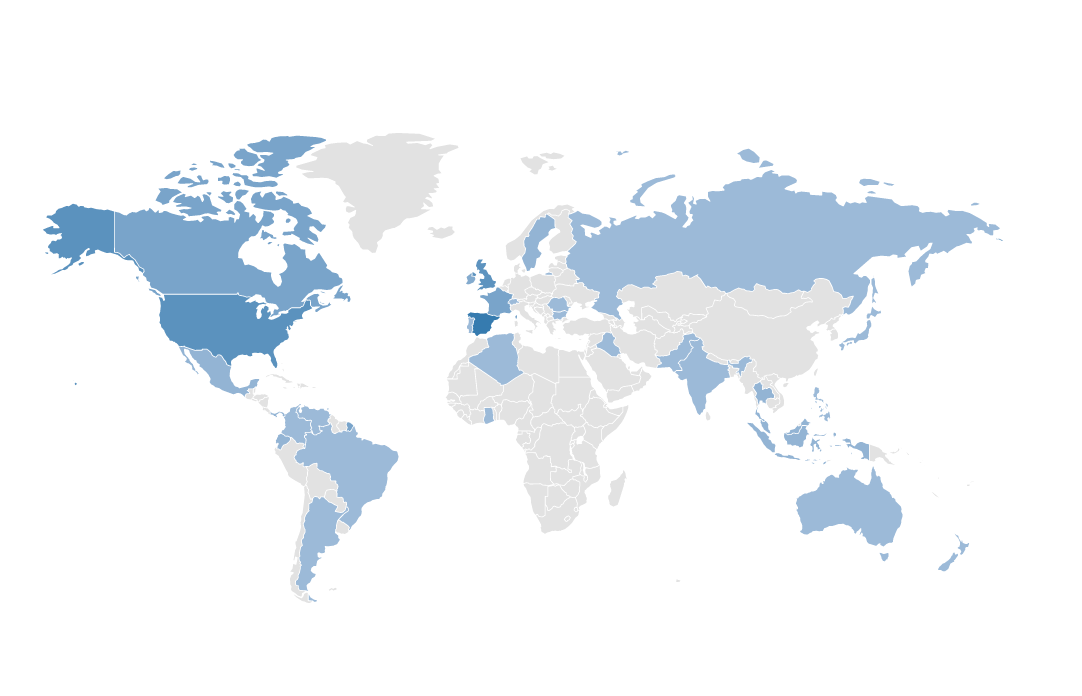
Geographic participation in #MemeML
And according to this word cloud produced by Keyhole, it is noteworthy that the participation by minority language groups in Europe such as Catalan, Asturian, Basque, Irish, and Cornish, Welsh were some of the most active.
Here is a small sample of memes contributed during the Challenge.
Australia
Africa
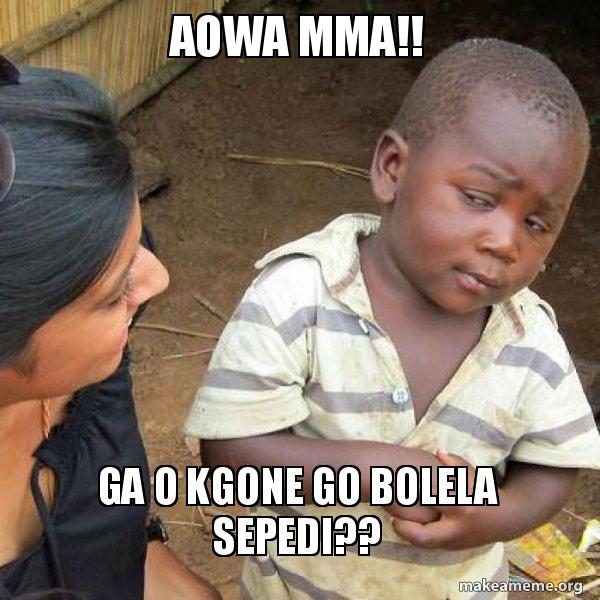
Meme in Northern Sesotho by Izak Geldenhuys. Approximate translation: ” “Oh no lady!! Are you not able to speak Sepedi??”.
Europe
Ymunwch â'r Her Memynnau (memes) Mamiaith! https://t.co/S8cVlhw4VE #MemeML #Cymraeg pic.twitter.com/powyApaRtn
— techiaith (@techiaith) January 30, 2017
Middle East and North Africa
#MemeML #Arabic #IMLD17 pic.twitter.com/Hny6m4fXLT
— rawan gharib (@eraghaliel) February 21, 2017
Approximate translation: “Oh my pain reliever, my host, my guest, my tranquility, my silence, my stillness..my road, my fluster, my sugar atom, my secret, my innermost, my delight..” From a romantic poem by Al-Hallaj.
North America
Hau’oli Lā ‘Ōlelo Makuahine! E aloha kekahi i kekahi.
Happy Mother Language Day. Love one another.#OleloNoeau #memeML pic.twitter.com/MqgqxVrKJg— aloha_aina (@aloha_aina) February 22, 2017
"I speak Inuktitut!"
Mother Language Meme Challenge #inuktut #uqausiit #NTI #memeML #inuit #nunavut #canada #arctic #circumpolar pic.twitter.com/T8iyW8e2iJ
— Letia Obed (@LetiaObed) February 21, 2017
Central America
(Cuando otros me escuchan hablando en Náhuat) ?#MemeML #MemeTikNawat #Náhuat pic.twitter.com/VpI46zLBDf
— hablemos nahuat (@hablemosnahuat) February 21, 2017
Approximate translation: “When others hear me speaking Náhuat”
South America
Approximate translation: Oh, no!
Asia

Bengali (Bangla) meme – My childhood resolution was to be a good man. I finished my childhood and am done with that resolution .. #MemeML #Bengali by Rezwan
Hey! Friend! Haven't you heard it said that "speech without jokes cannot be spoken"? #Tibetan #MemeML #IMLD17 pic.twitter.com/qeUp5x99HT
— Timothy Thurston (@taoyinkui) February 21, 2017
To find even more memes from the Mother Language Meme Challenge in a variety of global languages, please look for the #MemeML hashtag on Instagram, Twitter, or Facebook. There is also a Facebook group for the Challenge with contributions from all across the world.

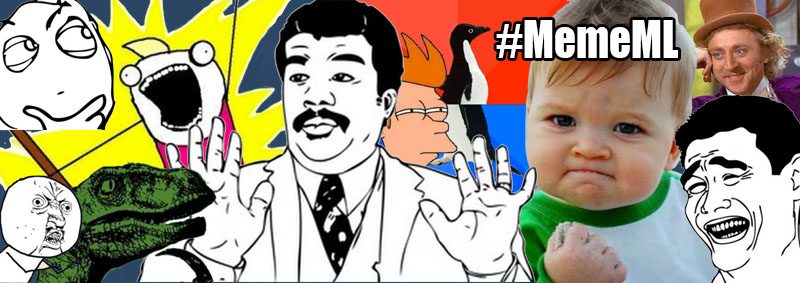
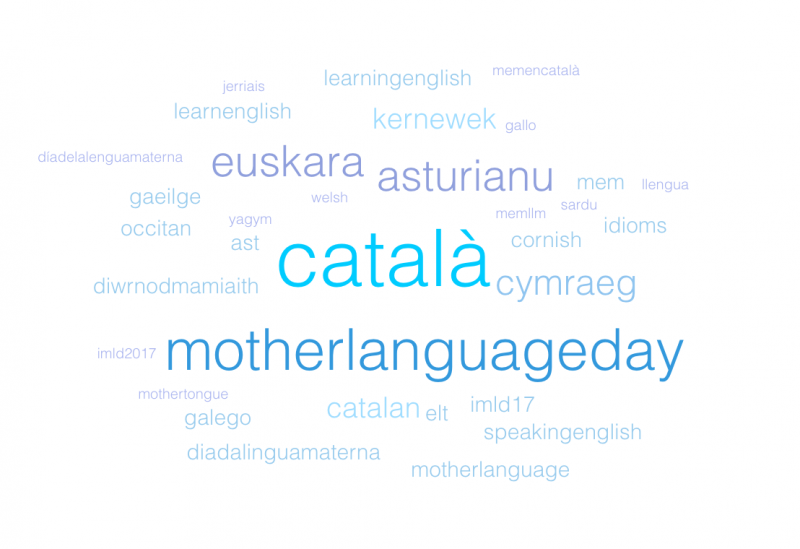
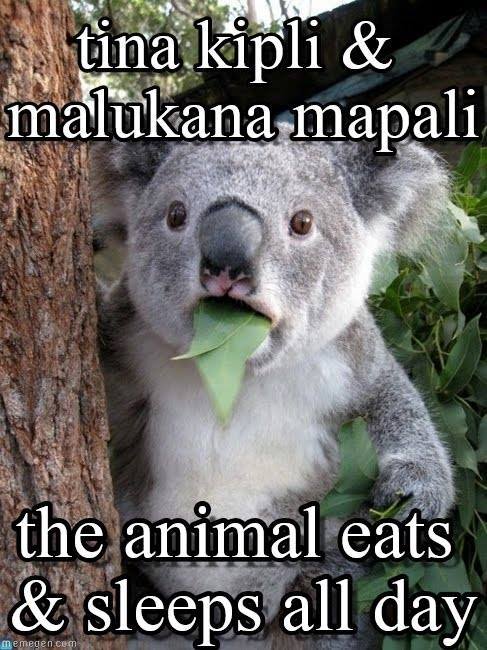
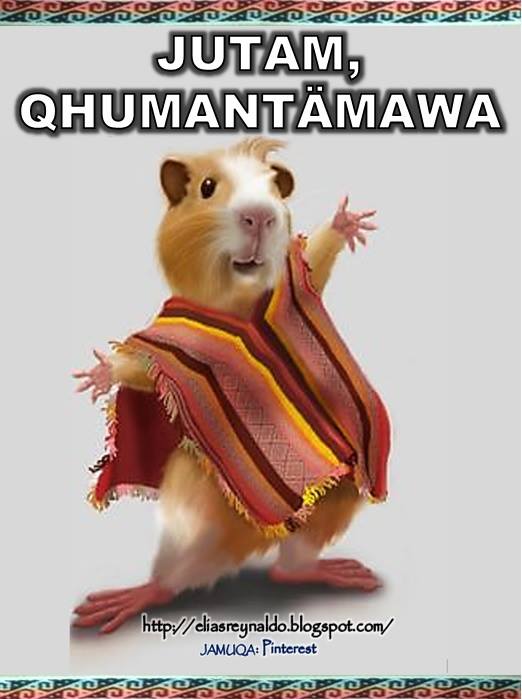

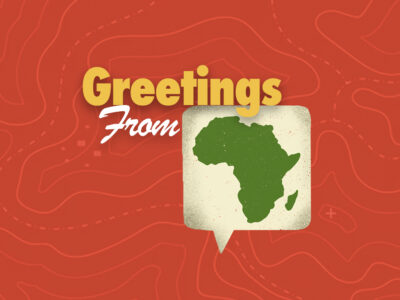
1 comment